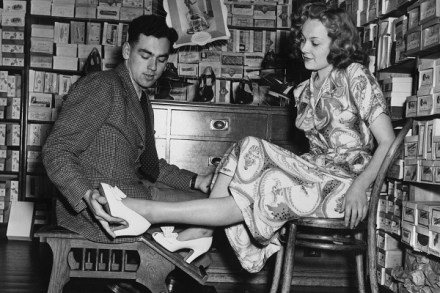Peter O’Toole’s new beginning
‘It is time for me to chuck in the sponge,’ said Peter O’Toole with characteristic singularity. The 79-year-old has announced his retirement from stage and screen, after a career that will span 56 years: with two films in post-production to be released next year. He goes, he said, ‘dry-eyed and profoundly grateful.’ He will devote his time to finishing a third volume of memoirs, which will record the ‘meat’ of his Hollywood career. The two previous volumes — Loitering with Intent: The Child and Loitering with Intent: The Apprentice — stand largely unread on my bookshelves. I dip into them from time-to-time; they’re that sort of book. O’Toole is wonderful













